A Mistake
Zheng Chouyu
translated by Qiaomei Tang
I traveled through the South Land
A longing face blooms and fades like the lotus flower with the seasons
The east wind is yet to arrive, the willow’s March catkins are waiting to fly
your heart is like the small, lonely, walled city
like an alley of blue-green cobbles facing the setting sun
the crickets are not crying, the windows are drawn in March
The hooves of my horse clatter — it’s a beautiful mistake
I’m not coming home, I’m only passing through
Image: Zhang Daqian, Sceneries of Jiangnan
[ + bar ]
The Birthday Card
Dorothy Spears
An impotent man on vacation, so potent at work, keeps going at his wife every night, every afternoon. “I need to prove that I’m... Read More »
Ravensbread (selections)
Nuno Ramos translated by Adam Morris
Geology Lesson
There’s a layer of dust covering things, protecting them from us. Dark sooty powder, fragments of salt and seaweed, tons of grainy... Read More »
Your Lying Cheater’s Heart
Carmen María Machado
Junot Díaz’s This is How You Lose Her as a Confessional Text
The confessional text—either an author baring his own soul, or a... Read More »
Zweifel
Martín Gambarotta Übersetzt von Timo Berger
Hier ist das Wasser anders, die Schuppenblätter
der Artischocken sind anders, alles ist
im Wesentlichen anders
aber der, der eine Flasche aus dem Kühlschrank fischt
und sie... Read More »
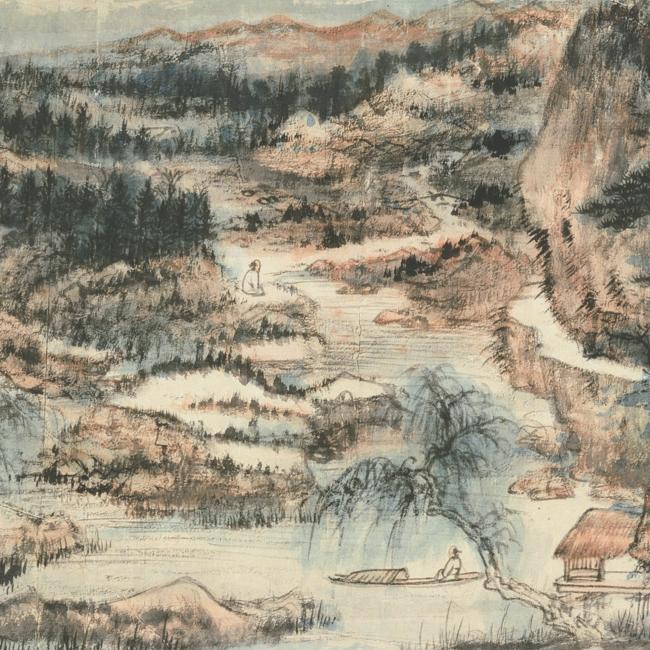
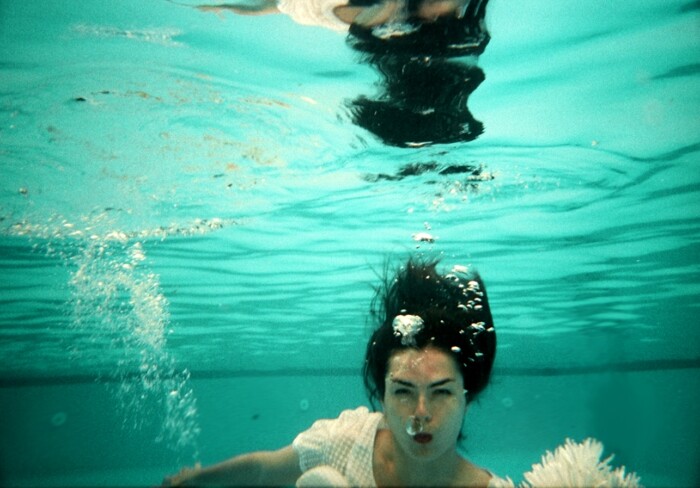
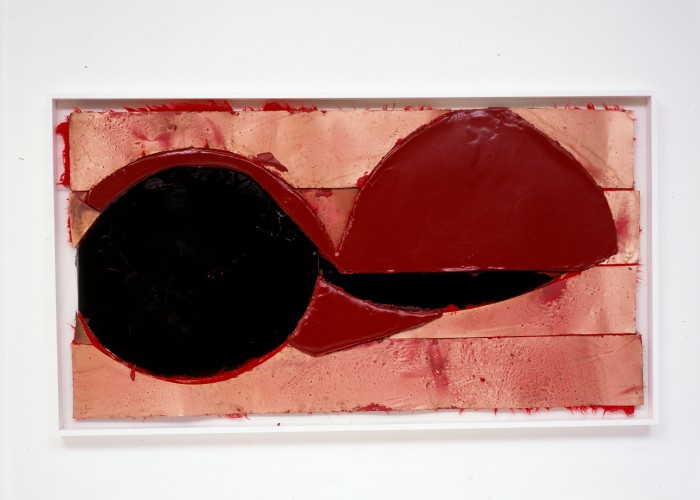
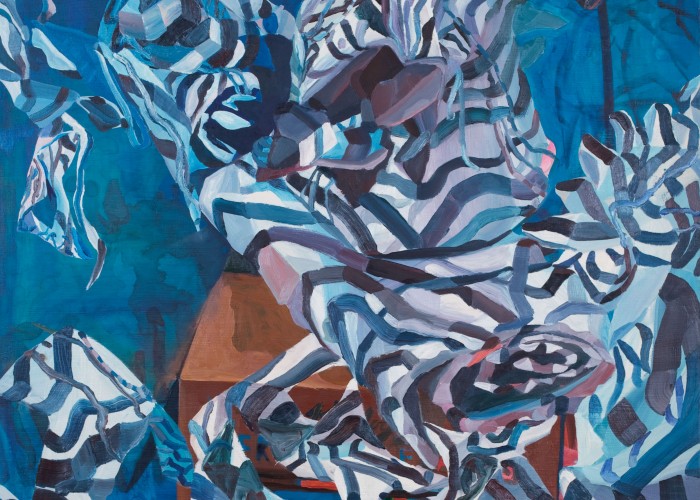
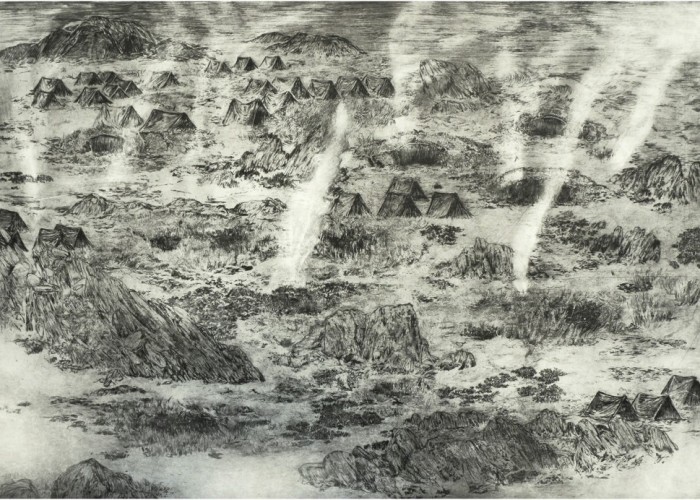



 sending...
sending...